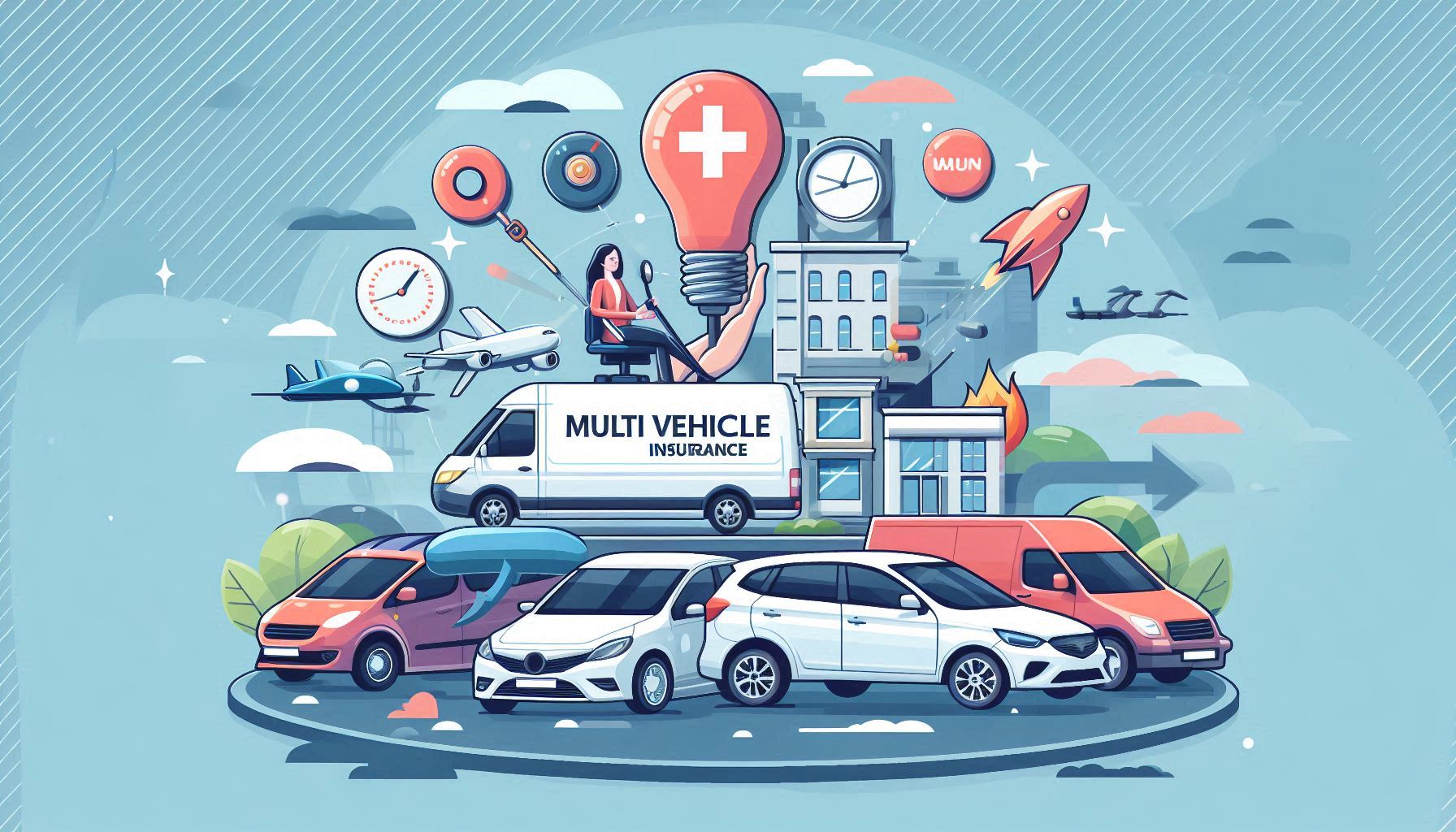car insurance quotes
Car Insurance Quotes: Everything You Need to Know Before Buying a Policy
Car insurance is one of the most essential financial protections for vehicle owners. Whether you drive daily to work, take weekend trips, or simply use your car occasionally, accidents and damages can happen at any time. That’s where car insurance comes in—it safeguards you financially against losses, medical bills, and third-party liabilities.
But before buying a policy, one crucial step is comparing car insurance quotes. These quotes give you an estimate of how much you’ll pay for coverage and help you find the best policy at the best price. In this detailed guide, we’ll cover everything you need to know about car insurance quotes, how they work, factors that affect them, and how to secure the most affordable rates without compromising on coverage.
What Are Car Insurance Quotes?
A car insurance quote is an estimate provided by an insurance company of how much you’ll need to pay for coverage. This estimate is based on information you provide, such as:
-
Your personal details (age, gender, marital status, location)
-
Your driving history (accidents, violations, claims)
-
Vehicle details (make, model, year, safety features)
-
Type of coverage (liability, collision, comprehensive, etc.)
Quotes are not final prices but give you a close idea of what your premium will be if you purchase a policy. They can vary widely between companies, which is why shopping around and comparing is so important.
Why Comparing Car Insurance Quotes Is Important
Many drivers make the mistake of sticking with the first quote they receive or renewing their existing policy year after year without checking for better options. However, rates can differ significantly between insurers for the same type of coverage.
Here’s why comparing quotes matters:
-
Save Money – Different insurers calculate risk differently. By comparing quotes, you could save hundreds of dollars annually.
-
Customized Coverage – Some companies may offer better add-ons like roadside assistance or rental car coverage for the same price.
-
Transparency – Comparing helps you understand what’s included and excluded in each policy.
-
Avoid Overpaying – Without comparing, you risk paying more for the same or even less coverage.
Factors That Affect Car Insurance Quotes
Insurance companies don’t randomly assign premiums. They use several criteria to evaluate risk and determine how much to charge you. The major factors include:
1. Age and Gender
Younger drivers (especially under 25) typically pay higher premiums due to inexperience. Statistically, young males face higher rates than females.
2. Driving History
A clean driving record with no accidents or tickets usually earns you lower quotes. On the other hand, DUIs, speeding violations, or prior claims can increase your premiums significantly.
3. Type of Vehicle
Luxury cars, sports cars, and vehicles with high repair costs tend to have higher insurance quotes. On the flip side, cars with advanced safety features or good crash-test ratings can reduce premiums.
4. Location
Where you live matters. If your area has high accident rates, thefts, or natural disasters, your insurance quotes will be higher.
5. Credit Score
In many regions, insurers use credit history as a predictor of risk. A good credit score can lower your premiums, while a poor one can increase them.
6. Coverage Limits and Deductibles
The more protection you choose, the higher the quote. Opting for higher deductibles (the amount you pay out-of-pocket before insurance kicks in) can lower your premium.
7. Usage and Mileage
If you drive long distances daily, your risk of accidents is higher, leading to higher quotes. Limited mileage discounts are available for those who use their car sparingly.
Types of Coverage That Influence Quotes
When requesting car insurance quotes, the type of coverage you choose has the biggest impact on cost. Common options include:
-
Liability Coverage – Covers bodily injury and property damage to others if you’re at fault.
-
Collision Coverage – Pays for repairs to your car after an accident.
-
Comprehensive Coverage – Covers non-collision damages like theft, vandalism, fire, or natural disasters.
-
Uninsured/Underinsured Motorist Coverage – Protects you if the other driver doesn’t have enough insurance.
-
Personal Injury Protection (PIP) – Covers medical expenses regardless of fault.
How to Get Accurate Car Insurance Quotes
When shopping for quotes, accuracy matters. Here are some tips:
-
Provide Complete Information – Be honest about your driving history and vehicle use. Inaccurate data can lead to incorrect quotes.
-
Use Online Comparison Tools – Many websites allow you to enter your details once and receive multiple quotes instantly.
-
Contact Agents – Sometimes speaking directly with an insurance agent gives you access to discounts not available online.
-
Bundle Policies – If you also need home, renters, or life insurance, bundling can give you significant discounts.
-
Ask About Discounts – Inquire about safe driver, good student, military, or multi-car discounts.
Tips to Lower Your Car Insurance Quotes
Nobody wants to overpay for car insurance. Here’s how to keep your quotes affordable:
-
Maintain a Clean Driving Record – Avoid speeding tickets and accidents.
-
Improve Your Credit Score – Pay bills on time and reduce debt.
-
Increase Your Deductible – If you can afford a higher out-of-pocket expense, your premium will decrease.
-
Take Defensive Driving Courses – Many insurers offer discounts if you complete a certified course.
-
Drive a Safe Vehicle – Cars with anti-theft devices, airbags, and advanced safety technology often qualify for lower rates.
-
Review Your Policy Regularly – Recheck quotes every 6–12 months to ensure you’re still getting the best deal.
Online vs. Offline Quotes: Which Is Better?
With technology, most drivers now prefer online quotes. But each method has its advantages:
-
Online Quotes
-
Fast, convenient, and can be done anytime.
-
Allows you to compare multiple insurers at once.
-
Ideal for tech-savvy drivers.
-
-
Offline Quotes (Through Agents)
-
Personalized advice tailored to your needs.
-
Better for complex cases (like multiple cars or business use).
-
Agents may find discounts not listed online.
-
The best approach is to use a combination of both—start online for convenience, then confirm with an agent if you want to negotiate further.
Common Mistakes to Avoid When Comparing Quotes
-
Only Looking at Price – Cheapest isn’t always best. Check coverage details.
-
Ignoring Deductibles – A low premium may come with a very high deductible.
-
Not Reading Exclusions – Some policies exclude certain damages or locations.
-
Forgetting Discounts – Many drivers miss out on savings by not asking.
-
Not Updating Information – Life events like moving, getting married, or changing jobs can affect your premium.
Share this content:











Post Comment